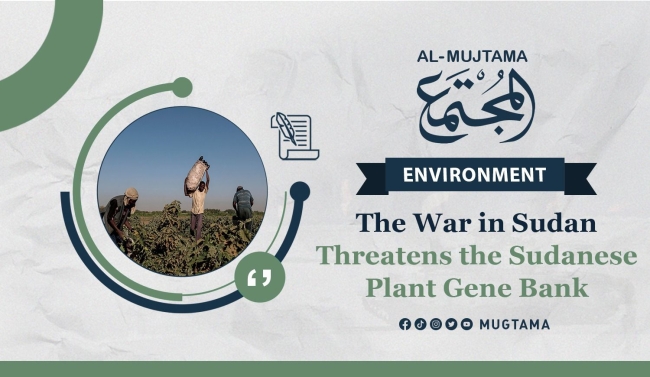The War in Sudan Threatens Plant Gene Bank Featured
------------
Science and Technology
An Existential Threat
The war in Sudan is causing concerns about the loss of thousands of diverse plant genetic strains for food and agriculture. The Genetic Resources Bank, also known as the Gene Bank, is being targeted, which could have serious consequences for agricultural biodiversity in Sudan.
The Importance of the Gene Bank
The Gene Bank, established in 1982, is a research center that preserves and maintains seed samples of over 15,000 accessions collected from various regions of Sudan. These samples include local, traditional, and ancient types of crops, as well as wild relatives of agricultural plants like corn, millet, sesame, peanuts, and more.
The Extent of the Damage
The Gene Bank has suffered significant damage due to the war. Refrigerators storing seed samples were looted, and the seeds were found scattered. The lack of optimal environmental conditions for their maintenance puts them at risk of deterioration and damage.
The Importance of Preserving Genetic Resources
Genetic resources are crucial for scientific research, breeding programs, and the development of resilient crops. They play a vital role in achieving food and nutritional security, environmental sustainability, and providing various resources for humans, such as shelter, medicine, clothing, and energy.
Future Risks and Urgent Plan
The loss of genetic resources from the Gene Bank could have a real impact on food security, especially in the face of future risks like climate change. To save the plant genetic resources, an urgent plan is needed. This plan involves temporarily transporting the samples to a safer place within Sudan, ensuring the necessary requirements for their preservation, and eventually sending them to the Svalbard Global Seed Vault in Norway for long-term storage.
It is crucial to support the transfer of the remaining seeds to safe areas and the Svalbard Global Seed Vault to protect Sudan's scientific infrastructure and ensure the availability of diverse and resilient crops for the future.


